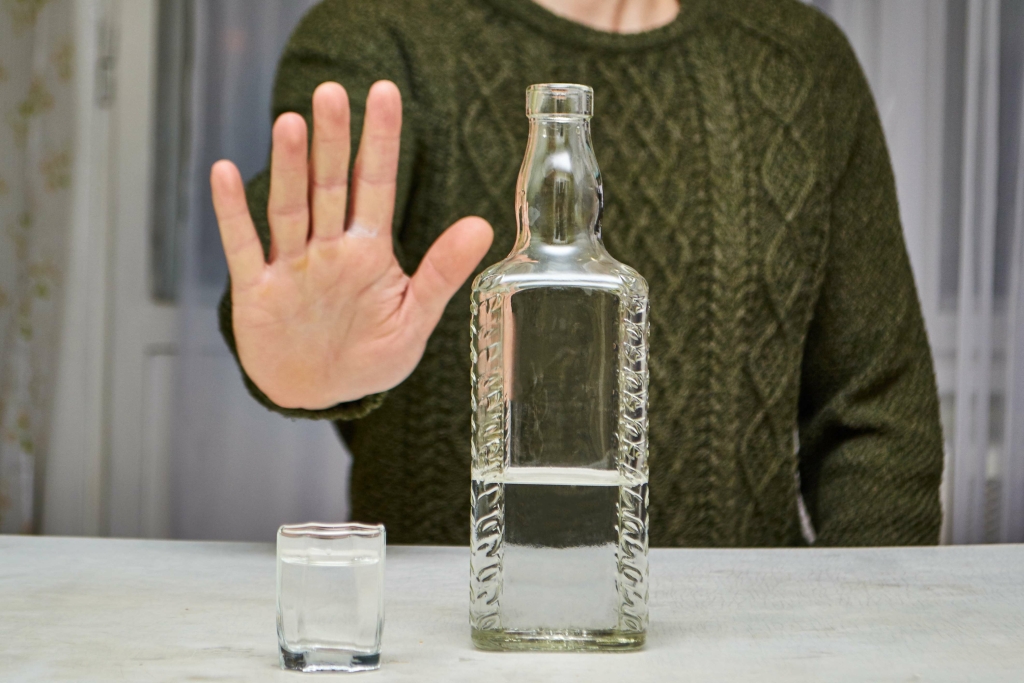What Is Alcohol Tolerance and How Can It Lead to Dependence?
Repeated alcohol use causes the liver to become more “efficient” at eliminating alcohol from the body. This results in a reduction of alcohol in the bloodstream, alongside its intoxicating effects. Similar to functional tolerance, as metabolic tolerance develops, a greater amount of alcohol is needed to experience the same effects as you experienced initially.
How to treat alcohol intolerance
- There are different types of functional tolerance to alcohol which are produced by different factors and influences.
- This can lead to different liver issues like fatty liver, inflammation (hepatitis), scarring (fibrosis), and, in worst cases, cirrhosis.
- Alcohol increases the potency of GABA, which is why it has sedating and relaxing effects.
- Genetic differences do account for some differences in alcohol tolerance, which in some cases fall along ethnic lines.
- You can have a high alcohol tolerance and still develop alcoholism if you drink heavily for prolonged periods.
Some individuals have increased levels of this enzyme, while some do not. Functional alcohol tolerance is exhibited in both humans and animals. It is a stage where the brain functions are pushed or stimulated to adapt to the frequent chemical disruptions in order to create a stable state.

Understanding Alcohol Dependence: Health Issues, Causes, and How To Overcome
- Each type of tolerance is likely to lead to an increase in alcohol consumption and amplify your risks for developing dependence, organ damage, problems with completing tasks, and ultimately addiction.
- In fact, scientists believe they have pinpointed .05 as the BAC at which most people feel their giddiest while drinking.
- This gives your system time to become used to alcohol and develop a tolerance.
It takes more than a period of abstinence to stop an alcohol use disorder. Tolerance to the short-term effects of alcohol doesn’t mean your health risks are lower. In fact, because you may be noticing less of a short-term effect, you could be at higher risk because you don’t recognise how much you’re drinking.
Best Beer for Diabetics

Your liver handles alcohol, but if you drink too much too quickly, it’ll get overwhelmed. This can lead to different liver issues like fatty liver, inflammation (hepatitis), scarring (fibrosis), and, in worst cases, cirrhosis. Studies have found that when drinkers consumed their alcohol in the same room all the time their heart rate increased to a lesser extent than when they drank in a new environment.
This is a simple rule, since tiredness will lead to more drunkenness and you losing control faster. It’s always important to be mindful and honest with yourself about how many glasses you are consuming and how often. With that in mind, like most doctors, Dr. Schwartz would suggest working on cutting out alcohol versus working on getting your body to better tolerate it. Thinking about the price of getting http://www.dickmeitz.com/News/hud-tucson sick can certainly help meet Dr. Schwartz’s recommendation. If not, flavored sparkling water or a good ‘ol mocktail can ease the transition.
- It is tempting to add soft drinks with your alcohol to reduce its effect, but this is a rookie’s mistake and is the last thing you should do at a party.
- But if a person regularly drinks while playing darts, they may experience no alcohol-related impairment because of their learned tolerance.
- Drinking alcohol on a regular basis can cause changes in how your body reacts to alcohol and effects of the substance, including signs of intoxication.
- Similar to functional tolerance, as metabolic tolerance develops, a greater amount of alcohol is needed to experience the same effects as you experienced initially.
- Thus Asians tend to get drunk a lot faster than Americans or Europeans.
- When alcohol-dependent people reduce their intake, they experience intense cravings and withdrawal symptoms.
The environment triggers this kind of AT, and the effects of alcohol may significantly differ if the individual received alcohol in a different venue or room. Some writers, poets, artists, or people with different talents feel the http://ru-musicxxl.ru/music/23948/dance-hits-may-2009.html need for booze to get them in the mood to be creative, which can result in chronic alcoholism. Humans may develop a tolerance for alcohol while practicing a task and drinking at the same time. Like every other drug or compound, ethanol is metabolized by the liver and stomach, and the metabolism of ethanol in individuals varies. This variation is due to levels of a metabolic enzyme called alcohol dehydrogenase (ADH) in the body. It converts alcohol into acetaldehyde (a very toxic intermediate product) and later converts it into water and carbon dioxide.

If you regularly played darts or pool at the pub prior to lockdown, a loss of learned tolerance could mean that you don’t play as well as you used to when you have a game after a few drinks. If you don’t use a period of abstinence wisely, you face risks when you return to drinking. People can develop acute tolerance to alcohol’s effects on motor control but not its effects on inhibitions. If you have signs of alcoholism or withdrawal symptoms that appear within hours of stopping or reducing your intake, you may need alcoholism treatment. If you drink heavily for too long, the body adjusts to the increasing presence of alcohol. This blog discusses what alcohol tolerance is, its causes, and how to reduce your tolerance level.

Top 10 Best Beers From Uzbekistan

Firstly, some people have a genetic or metabolic inability to process alcohol — the reason https://stephanis.info/2019/12/02/6-facts-about-everyone-thinks-are-true-7/ for this is not precisely documented. While alcohol sensitivity is often referred to as ‘intolerance’, a condition in which someone’s body rejects alcohol, sensitivity has very different effects. It is a common misnomer to equate alcohol sensitivity to alcohol tolerance. In this scenario you may need to drink five pints to get the same initial “buzz” you got from four pints.
No one should assume the information provided on Addiction Resource as authoritative and should always defer to the advice and care provided by a medical doctor. Well, it depends because the time required to change tolerance level varies from person to person. Decreasing the number of drinks per week may work for almost everyone; for others, a month without a drink works just fine to reduce someone’s tolerance. The first month is the hardest, but gradually decreasing the number of drinks per week can help bring down the tolerance level without suffering from withdrawals.


Bir cevap yazın
Yorum yapabilmek için giriş yapmalısınız.